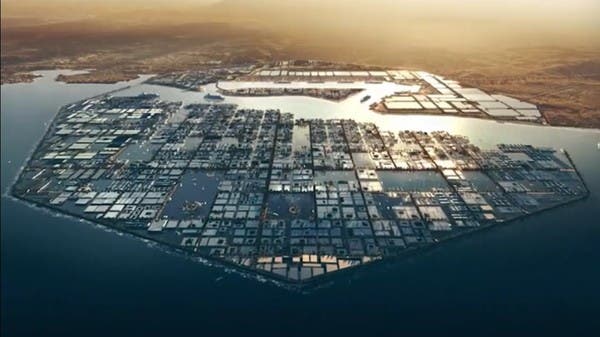- Jun 29, 2013
- 22,577
- 14,837
- 1,405
So the question here is where do you get the energy for the process? Hydrocarbons maybe? I haven't called any manufacturers yet to ask how they power their process but I'm sure they all have electric bills. Furthermore....it takes an additional 3Kwh per kg to liquefy it for transport and <> OH <> that's right! You have to transport it....in What? Electric tankers???... That have to be charged by um What??? A hydrogen powered generator perhaps?
Jo
Jo
Last edited:

